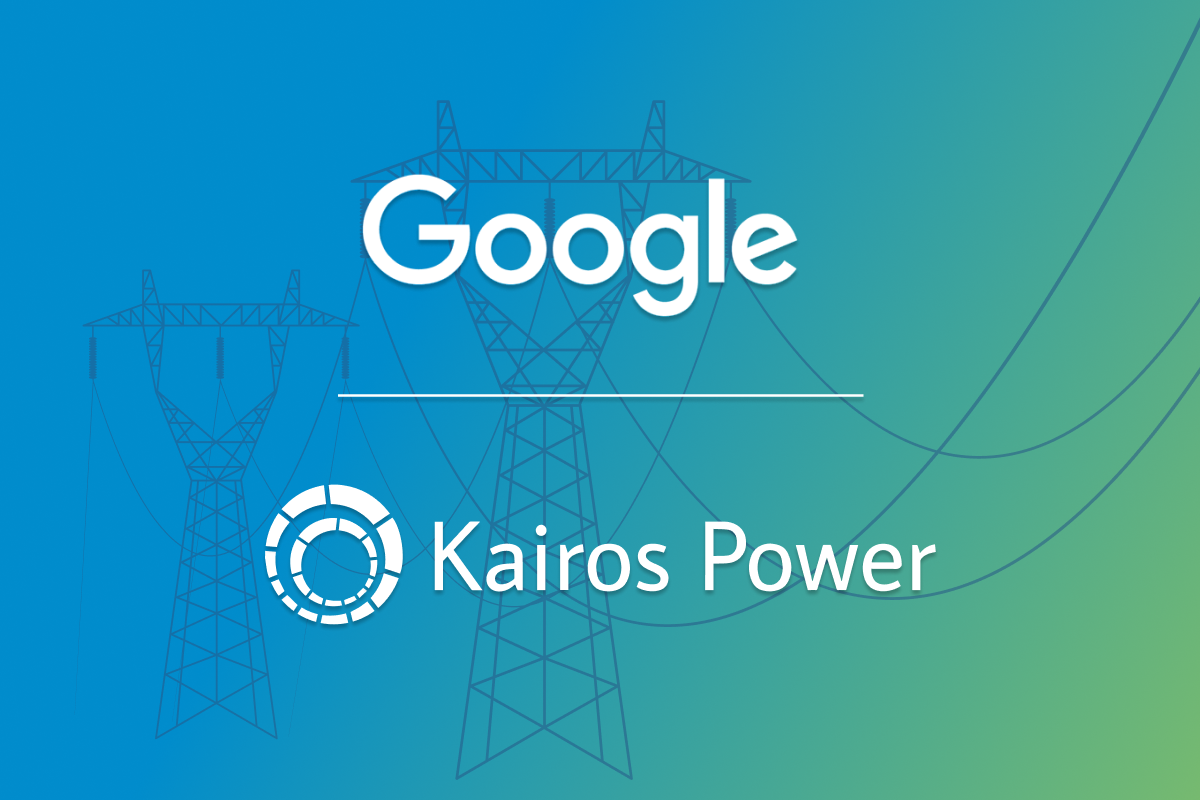Bees block Meta’s nuclear-powered data center
.jpg)
The discovery of a rare species of bee by environmental regulators has blocked the plans of tech conglomerate Meta to build an artificial intelligence data center powered by nuclear energy—at least temporarily. Numerous media outlets, including Popular Science, have reported that the unnamed species of bee was detected by regulators who were surveying the land designated for the new data center—land that is located next to an unnamed nuclear power plant from which Meta had planned to obtain electricity.





